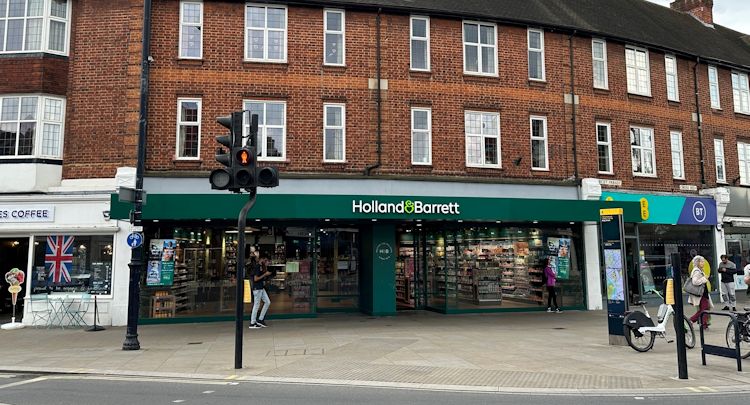
There is little doubt commercial property has taken a big hit over the last years. Some of the biggest high street retailers are closing locations, reducing hours, and taking other cost-cutting measures. Meanwhile, local restaurant and shop owners continue to struggle in a bad economy. Much of what we now see can be traced back to the start of the COVID pandemic. But there is something else in play here.
It was recently revealed that Ocado Group is planning to shutter its oldest warehouse property in Hatfield. The warehouse, which originally opened in 2002, is now considered excess capacity. Its closing puts some 2300 jobs at risk.
What happened? Is Ocado struggling? Actually, no. The online supermarket business has done quite well since the COVID pandemic. But improvements made to their supply chain during COVID lockdowns have made them more efficient. Greater efficiency has created excess capacity in warehousing and fulfilment.
Automation Improved Their Capacity
Most of the fallout from COVID has been negative. But there have been silver linings here and there, including improvements Ocado made to better serve their customers during lockdowns. The company invested tremendously in systems that only improved their capacity – something that was critical to keeping up with online shopping demand when people could not visit physical stores.
Some of the group’s newest fulfilment centres operate on advanced robotics. Deploying robotic systems makes order fulfilment faster and more efficient. It also increases capacity by removing the human element. That is good for shoppers; it is not so good for employees who may now find themselves out of work.
Disposing of the Property
It is not clear what will happen to the property once operations cease. But as efficiency improves the supply chain worldwide, we see more warehouses and other industrial buildings being turned into vacant spaces just waiting to be repurposed. That’s where we come in.
Sell My Commercial Property invests in all sorts of commercial buildings – from retail and industrial to warehousing and medical. We see potential where property owners see excess space. We see opportunity where property owners see real estate they need to dispose of.
The thing is that warehouses and fulfilment centres don’t have to be levelled when the properties are no longer needed. Levelling and starting over is sometimes the best way to go. But there also is no disputing that re-purposing existing buildings is often the better choice.
Things Are Constantly Changing
The most important lesson here is that things are constantly changing. Whether it is economic conditions or technological improvements, there are always those things that force business to evolve. In this particular case, COVID forced Ocado to find a way to handle an onslaught of new online customers. They had to automate just to keep up.
Now, with the COVID pandemic nearly completely over, the company finds itself with excess capacity. They can afford to close their oldest warehouse and fulfilment centre without negatively impacting productivity. So that is what they intend to do.
We suspect your business continues to evolve and change as well. Perhaps you find yourself with excess capacity wrapped up in warehouses or industrial buildings you no longer need. We might be able to turn your unwanted property into a valuable asset for someone else.
We buy all sorts of commercial properties from owners who no longer need them. We would be interested in taking a look at what you have on offer. If you have a piece of excess property that is only weighing down the bottom line, reach out to Sell My Commercial Property. Let’s see if we can work something out.